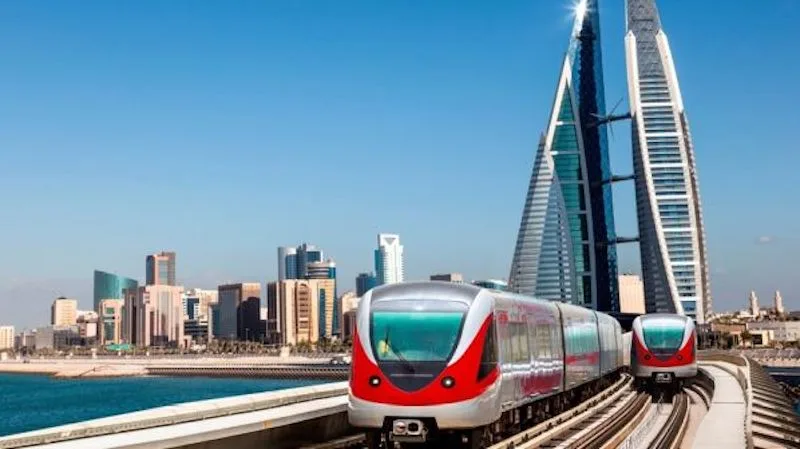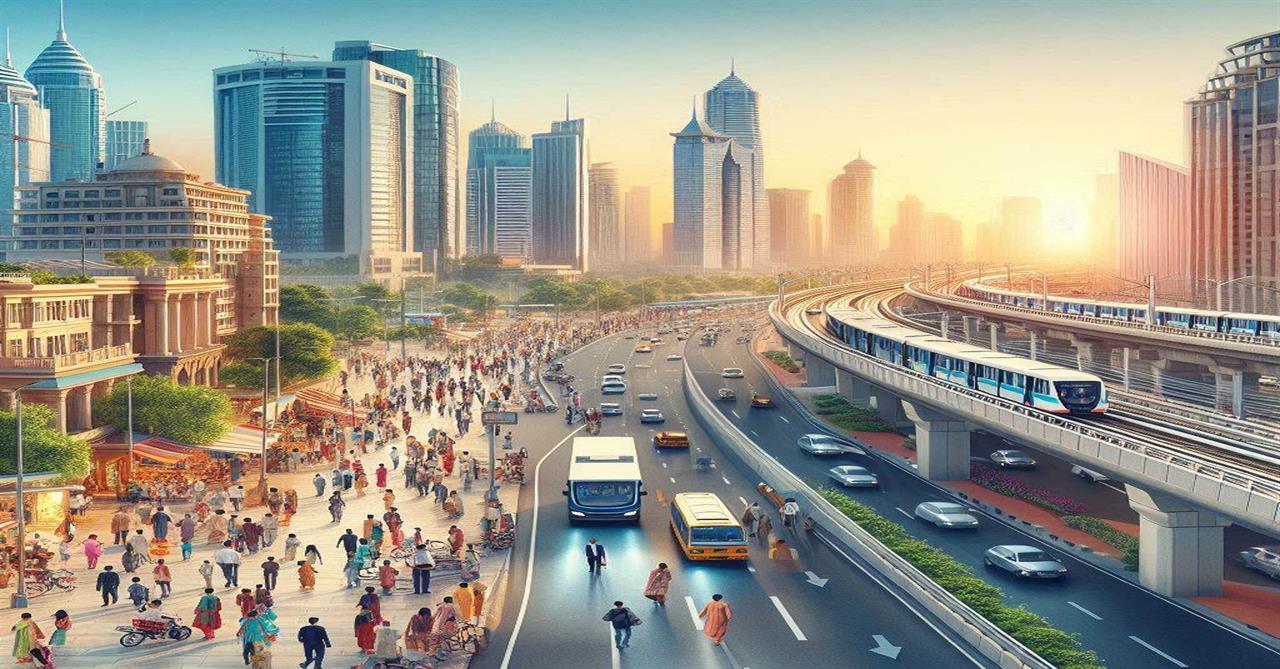Public-private partnerships (PPP) in GCC countries are increasingly shaping the region’s infrastructure landscape. With ambitious visions like Saudi Arabia’s Vision 2030 and the UAE’s ongoing modernization initiatives, GCC governments are partnering with private companies to deliver large-scale projects efficiently and sustainably. These partnerships are helping bridge funding gaps, accelerate project delivery, and introduce global expertise into the region.
GCC countries, including Saudi Arabia, UAE, Qatar, Kuwait, Oman, and Bahrain, have historically relied on government-led infrastructure development. However, the growing population, urban expansion, and need for advanced facilities have prompted governments to explore PPP models to improve efficiency and maximize resources.
Understanding Public-Private Partnerships in GCC
A public-private partnership is a collaborative agreement where governments and private entities share resources, risks, and rewards to develop and operate infrastructure projects. These projects can include transport networks, airports, healthcare facilities, energy plants, and urban development initiatives. In the GCC, PPPs are emerging as a strategic tool to accelerate economic growth while maintaining fiscal responsibility.
Unlike traditional government-funded projects, PPPs allow private investors to bring in funding, technical expertise, and innovation. The government retains oversight and ensures projects align with national priorities, while the private sector gains long-term revenue opportunities from project operations.
Key Drivers of PPP Adoption in GCC
Several factors have encouraged GCC countries to adopt public-private partnerships for infrastructure development:
- Economic Diversification: Countries like Saudi Arabia and the UAE are reducing dependence on oil revenues. PPPs support non-oil sectors such as transport, tourism, and healthcare, aligning with economic diversification goals.
- Population Growth: Rapid population expansion in urban areas increases demand for roads, metro systems, hospitals, and schools. PPPs enable faster project delivery to meet these needs.
- Funding Efficiency: Governments face budget constraints, and PPPs attract private capital for large-scale projects without placing a heavy burden on public finances.
- Technology and Expertise: Private companies often bring advanced technologies and global expertise, improving project quality and sustainability.
Notable PPP Projects Across the GCC

Saudi Arabia
Saudi Arabia has emerged as a leader in PPP infrastructure initiatives, with Vision 2030 emphasizing private sector participation. The Riyadh Metro project is a prime example. Developed under a PPP framework, the metro system aims to ease traffic congestion, provide sustainable transport options, and connect major city hubs. The government partnered with international contractors to combine global best practices with local knowledge.
United Arab Emirates
The UAE has a strong history of PPP projects, particularly in energy and transport. The Dubai Water Canal project and renewable energy initiatives like Mohammed bin Rashid Al Maktoum Solar Park demonstrate how PPPs can combine environmental sustainability with economic development. The UAE’s government actively encourages private investments in projects that enhance the quality of life and support tourism.
Qatar
Qatar has implemented PPPs to deliver world-class infrastructure in preparation for global events like the FIFA World Cup 2022. Projects such as stadium construction, metro lines, and sports facilities were developed with private sector collaboration, ensuring timely completion and adherence to international standards.
Kuwait, Oman, and Bahrain
While smaller in scale, these GCC countries have begun integrating PPP models into infrastructure development. Kuwait’s Sheikh Jaber Al-Ahmad Al-Sabah Causeway, Oman’s road expansion projects, and Bahrain’s urban development initiatives show the growing reliance on partnerships to modernize national infrastructure efficiently.
Benefits of PPPs in GCC Infrastructure
- Faster Project Delivery: Private sector involvement often reduces bureaucratic delays, speeding up construction timelines.
- Shared Risks: Financial, operational, and technical risks are shared between the public and private sectors, reducing the burden on governments.
- Innovation and Expertise: Private companies bring technological solutions, international experience, and innovative designs.
- Economic Growth: PPP projects create jobs, attract investment, and stimulate local economies.
- Improved Quality: Long-term contracts encourage private companies to maintain high standards in project management and service delivery.
Challenges in Implementing PPPs
Despite their benefits, public-private partnerships in GCC infrastructure projects face some challenges:

- Regulatory Frameworks: PPP regulations vary across countries, and some nations are still developing the legal frameworks needed for smooth implementation.
- Complex Contracts: Negotiating PPP agreements can be lengthy and complex, requiring careful risk allocation and performance guarantees.
- Cultural Differences: International investors may face challenges understanding local business practices, labor laws, and cultural norms.
- Financial Risks: While private capital reduces government spending, economic downturns or project delays can impact returns for investors.
Governments in the GCC are actively addressing these challenges by standardizing PPP frameworks, offering incentives to investors, and creating dedicated agencies to manage partnerships efficiently.
Future Outlook of PPPs in the GCC
The future of public-private partnerships in GCC infrastructure appears promising. Several trends are likely to shape the next decade:
- Smart Cities: Countries like Saudi Arabia (NEOM) and UAE (Dubai Smart City) are leveraging PPPs to develop intelligent urban solutions, combining sustainability, digital technologies, and efficient services.
- Renewable Energy: As the GCC invests in solar, wind, and clean energy projects, PPPs will play a crucial role in financing and managing these sustainable initiatives.
- Healthcare Expansion: PPPs are expected to support hospital construction, specialized medical facilities, and telemedicine services across the region.
- Transportation and Logistics: Airports, seaports, metro networks, and road projects will continue to rely on PPPs for timely delivery and operational efficiency.
Governments are also exploring innovative PPP models, including design-build-operate-transfer (DBOT) and service-oriented agreements, to maximize both public value and private sector returns.
Conclusion
Public-private partnerships in GCC infrastructure projects are transforming the way countries approach development. By combining government oversight with private sector expertise and capital, these partnerships are delivering faster, more efficient, and sustainable projects across the region.
From mega metro systems in Saudi Arabia to renewable energy hubs in the UAE and sports facilities in Qatar, PPPs are proving to be a vital tool in achieving economic diversification and sustainable growth. As regulations improve, technology advances, and private investment increases, the GCC is likely to continue witnessing innovative, high-quality infrastructure development that benefits both citizens and investors alike.
With PPPs, the GCC is not only building infrastructure but also laying the foundation for a resilient and diversified economy that can thrive well into the future.



